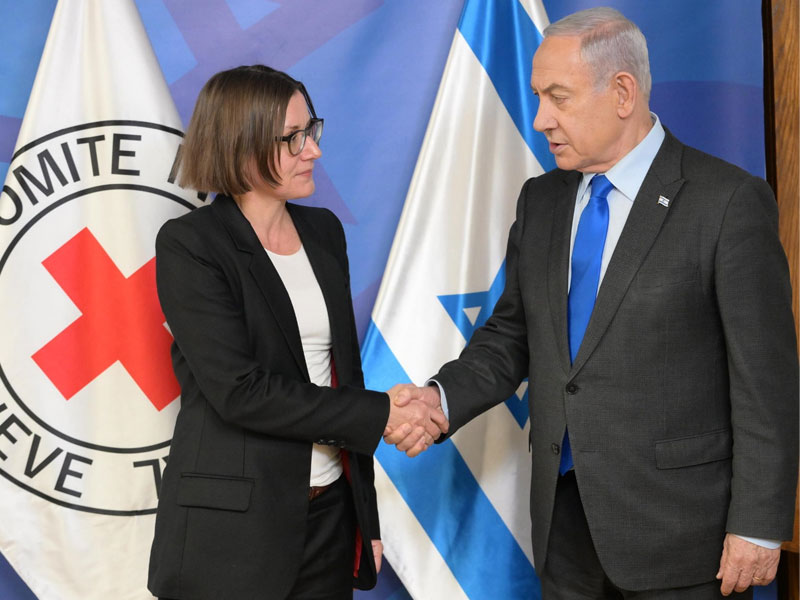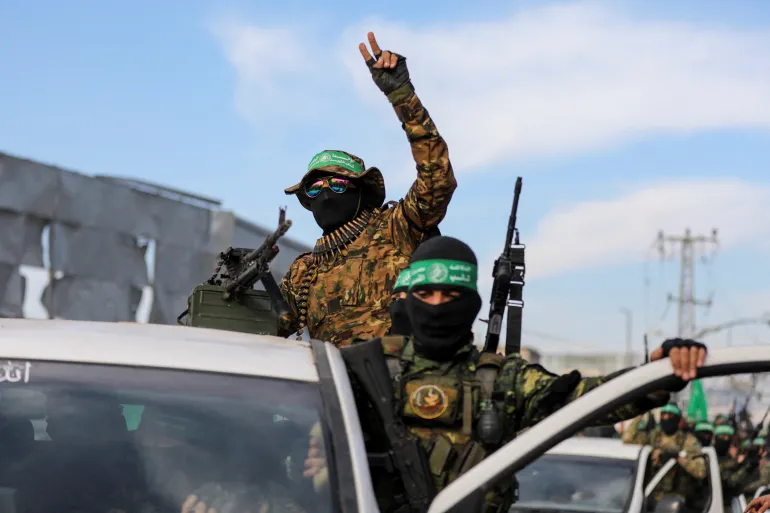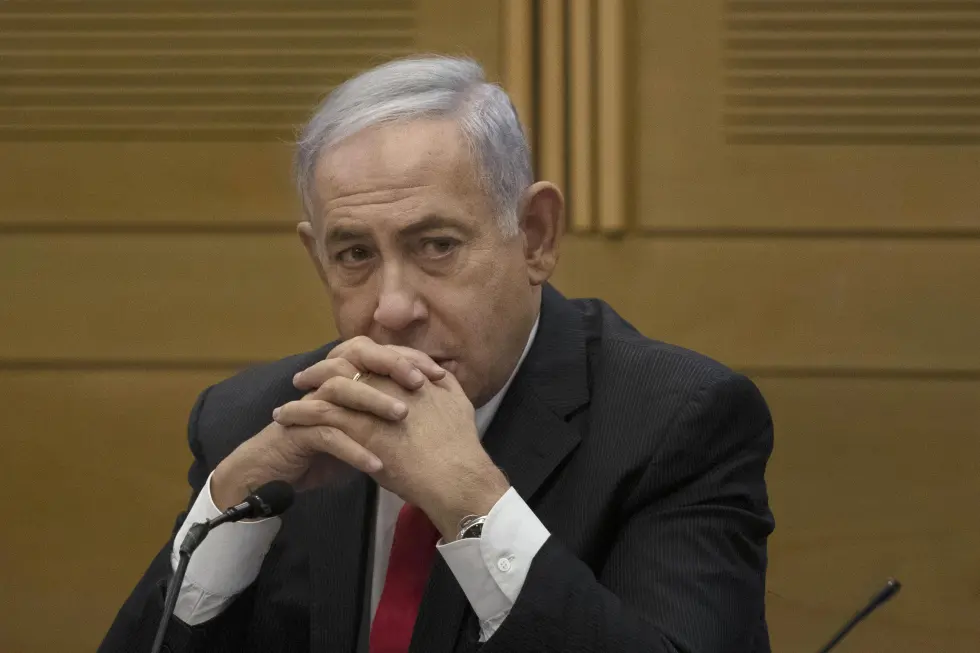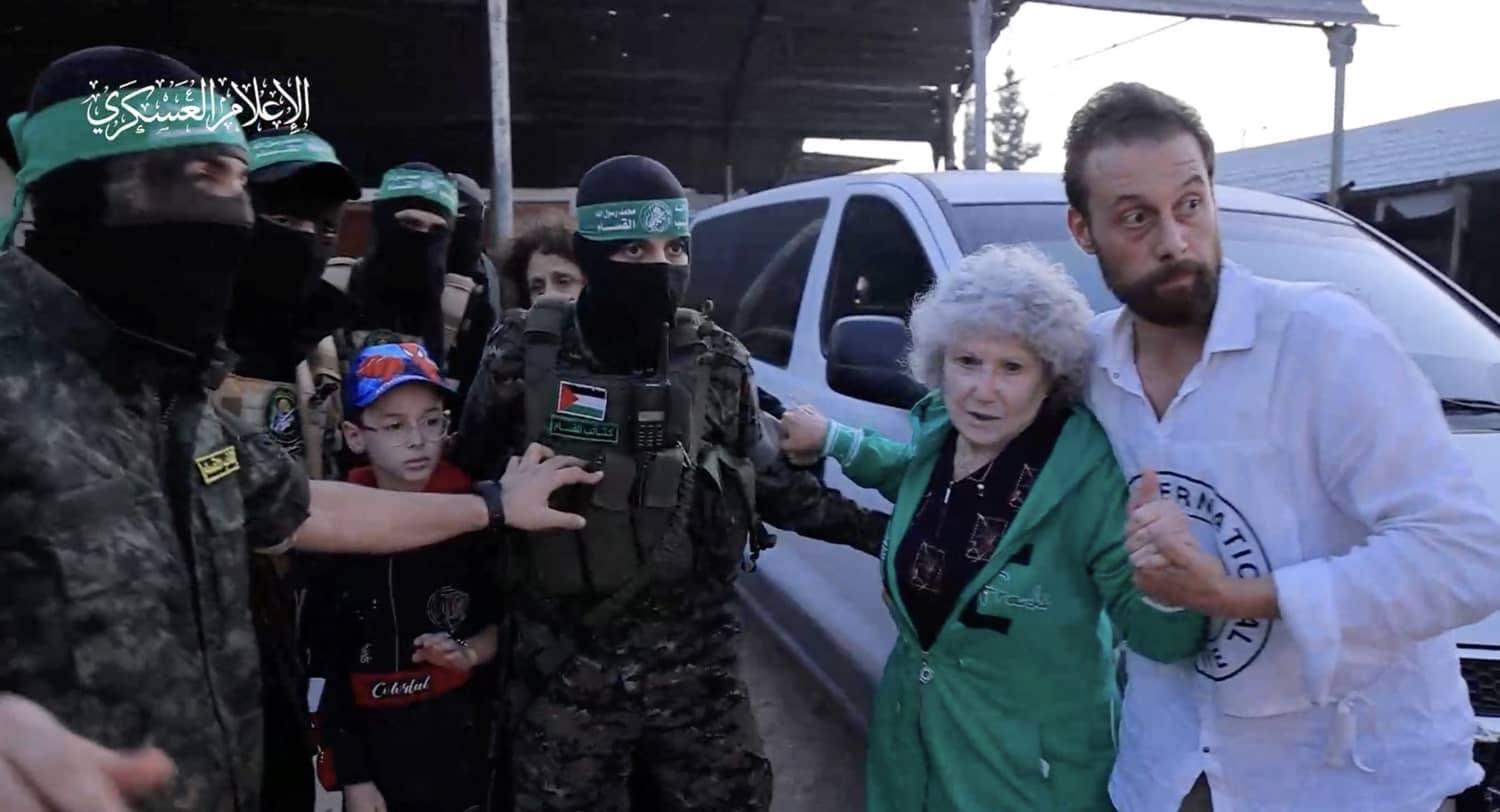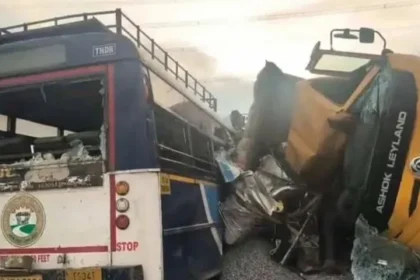Introduction: A Fractured Hope Amidst Despair
Following a video release on Thursday of supposedly held Israeli hostages shown being held by Hamas in Gaza, Israel Prime Minister Benjamin Netanyahu made yet another appeal to the International Committee of the Red Cross (ICRC). He urged the organization to do more to care about the safety, health and humane treatment of prisoners, in what he expressed as a moment of great shock to the people of Israel.
The videos, grotesque, heartbreaking, and emotionally raw, became another accelerator of an already deeply polarized and militarized of an Israeli-Palestinian conflict that entered the phase of human cost that is unprecedented and political impasse. Not only has Netanyahu threatened the international community to look into the aforementioned steps to action, he also aimed at putting light on the shocking humanitarian vacuum that exists in the war zone in Gaza.
This paper will review the deeper meaning behind the appeal by Netanyahu, the duties of the Red Cross in conformity to international laws, the status of hostages, and political arithmetic behind the humanitarian rhetoric in the case of Israel and Gaza.
Context: The Escalation of the Hostage Crisis
The two people killed were the result of the ongoing war between Israel and Hamas which has also taken a devastating impact. By August 2025 over 36,000 Palestinians had been reported dead (Gaza Health Ministry) with a sizable percentage of them being women and children. In Israel, on October 7 the early morning Hamas surprise attack left 1,200 Israeli citizens killed, 240 hostages, including civilians, foreign nationals, and military people, among others.
Although a number of hostage exchanges between the two sides were overseen with mediatory assistance by Egypt, Qatar, and the U.S., approximately 120 Israeli hostages remain unaccounted for or presumed to be held in Gaza.
The latest hostage videos, filmed in underground tunnels or ruined urban shelters, show emaciated bodies, propaganda forced verbal confessions and pleas to be rescued, this leaves the entire Israeli population and leadership in shock.
Netanyahu’s Plea: What Was Said?
Speaking to Tel Aviv, Netanyahu referred to the footage as, inhumane, unbearable, and forbidden every meaning of basic norms of decency. He has charged Hamas with war crimes and psychological war:
“The Red Cross must fulfill its mandate and demand immediate access to our citizens held captive. The world must not look away.”
He also demanded that it was a moral and legal duty of the international organisations under the Geneva Conventions to intervene. Although Netanyahu has often attacked the United Nations and other international institutions as being anti-Israel, his request to the ICRC was a rare instance in which he sought the help of international humanitarian organizations.
What Is the Red Cross’s Role in Hostage Situations?
The International Committee of the Red Cross (ICRC) is the neutral, independent, and impartial institution and humanitarian body charged with the protection of victims of armed conflict such as prisoners of war and hostages pursuant to the Third and Fourth Geneva Conventions.
With the International Humanitarian Law, the ICRC:
- The right to access to all the detainees in the conflict areas
- Needs to provide humane treatment, food, water and medical care
- Should be permitted to relay messages between hostages and families
- Demilitarized attempts to be a neutral agent of interprisoner exchanges or cease-fires
These rights however cannot be enforced when the cooperating party is opposed to cooperation. Although in various exchanges in the past, the Red Cross is partially permitted to be involved, Hamas has largely refused to routinely grant access to the hostages. On its part, Israel also gives the Red Cross access to its jail facilities that detain Palestinians.
Reactions from the Red Cross and Global Community
In response to the statement of Netanyahu, ICRC reaffirmed that they are still trying to contact the hostages in Gaza:
We are very worried about the people held hostage. It has tried several times to access the camps, and we will keep appealing to all quarters to ensure that the humanitarian mandate is achieved.
The organization, however, reminded that it was a case of willingness of relevant parties. Without a formal or generally accepted chain of command within Hamas, especially after many of its senior commanders have been eliminated through the targeted killings, negotiating is more splintered and convoluted.
The United Nations Secretary-General, Antonio Guterres condemned the videos and requested the unconditional release of all hostages, and both sides to focus on the protection of civilians.
The Reality on the Ground: Where Are the Hostages?
Israeli intelligence suspects the other hostages are being kept in a combination of underground tunnel systems, family homes and medical businesses, in the north and central regions of Gaza. The heavy Israeli airstrikes and ground raids have probably led to the displacement of the captors and captives severely.
There are concerns that most of the hostages died because:
- Israeli damage to the collaterals
- Lack of medical attention, more of the elderly and bleeding bodies
- Hamas threats of execution as leverage
Several families of the kidnapped hostages now publicly urge Netanyahu to focus on getting their loved ones back, rather than on escalation of military action, at the risk of renewed cease fire negotiations.
Political Repercussions in Israel
The similarities between this time in history of Israeli politics that has never been seen before and the gradual increase in pressure on the Netanyahu government include:
- Families of the hostages conducting rallies in Jerusalem and in Tel-Aviv
- The opposition leaders condemned the government claiming that it failed to secure citizens.
- The human rights activists insisting on indifference and compromise
These public opinion polls of early August 2025 reveal that 62% of Israeli citizens are at least willing to agree to a temporary cease fire in order to gain hostages back, which would be starkly opposed to all government officials taking a hard-line approach.
The appeal made by the Prime Minister to the Red Cross is already being seen as a move-however, slight-toward international mediation.
Hamas’s Strategy: Hostages as Bargaining Chips
To Hamas, the hostages are a vested interest currency in that the hostages are used to:
- To drive away Israeli ground assaults
- Exchange of prisoners rendered up
- To attract attention and sympathy of foreign world
- Derestrict ceasefire talks
Hamas in the past has insisted on the release of more than 6,000 Palestinian detainees as a trade of hostages. Israel has denied access to such a high level of exchange citing the possible release of hardened militants that would at later stages rejoin terror activities.
International Law, Ethics, and the Future of Hostage Diplomacy
The confinement of civilians as hostages is a serious offense that contravenes international law, under Article 34 of the fourth Geneva Convention. The Rome Statute of the International Criminal Court (ICC) also categorizes it under war crimes.
However, enforcement of such laws is politically limited especially when it involves non-state actors such as Hamas.
The death rates are widely increasing, and there is no guarantee of a long-term ceasefire that may lead to disruption of the humanitarian standards of the world, said experts. The video of hostages is the possible mental breakthrough to compel new negotiation or further the circle of violence.
Between Humanity and War
Netanyahu seems to have raised the alarm, the Red Cross is most likely not going to intervene overnight to alleviate the situation, but there is still a clear feeling of crisis within Israeli leadership and society. The hostage video has cut through political noise, projections by media, and pretexts to war to reveal a bare human tragedy as the centerpiece of the war.
Hostages in war are generally dehumanized to be used as bargaining chips or as liability. However, every video, every call of assistance serves to remind the world of the simple fact that these are lives at stake.
Unless diplomacy is restored soon and the rule of law renascent, the Gaza war will most likely turn out as not only a geopolitical cluster bomb, but a humanitarian disaster.

